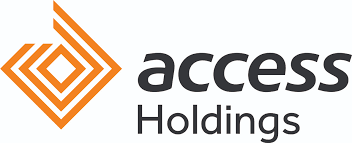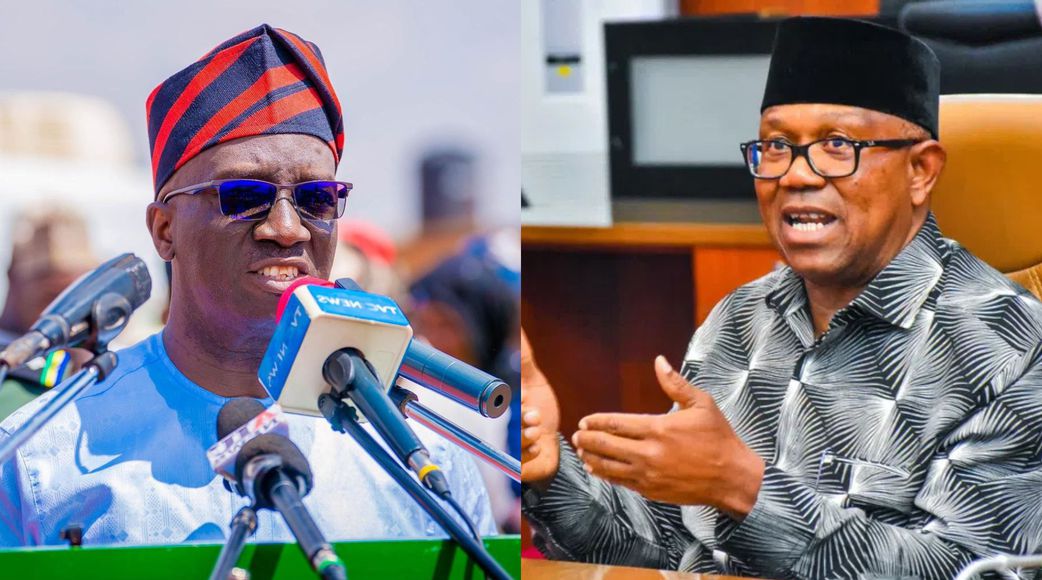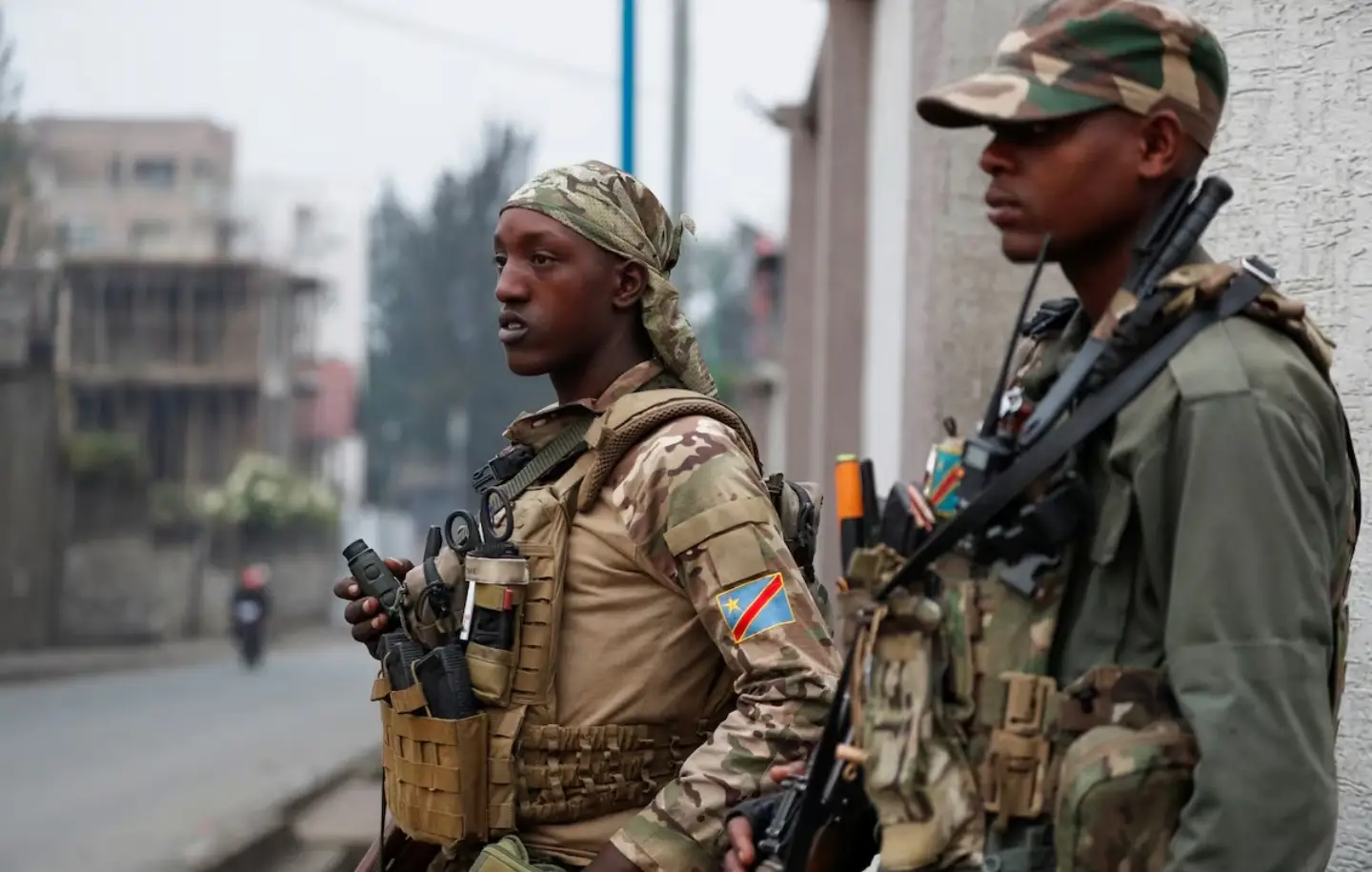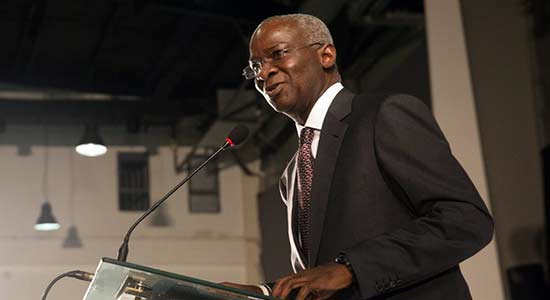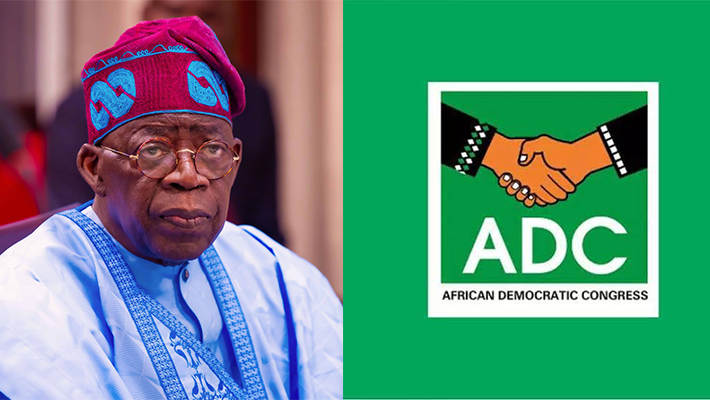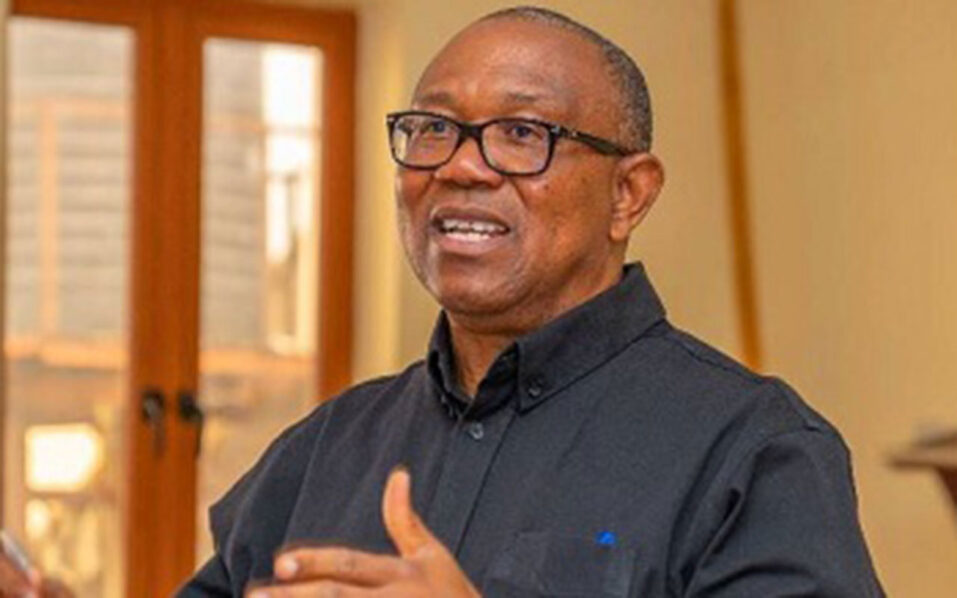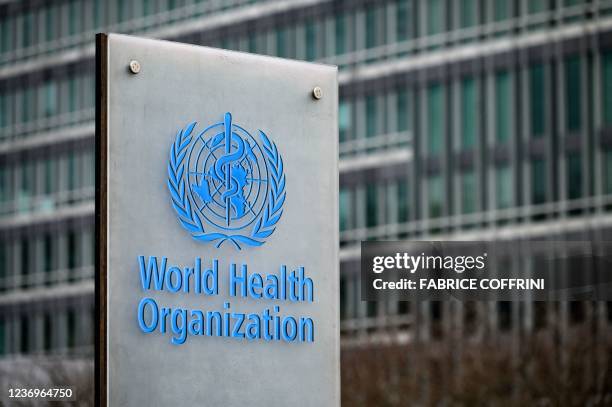By Ayomide Otitoju
A World Health Organization (WHO) employee has raised more than $100,000 through an online fundraiser to help offset the financial shortfall caused by the United States’ withdrawal from the UN health agency.
Tania Cernuschi, a 46-year-old Italian development economist with a decade-long tenure at WHO, launched the initiative after US President Donald Trump signed an executive order confirming Washington’s exit on January 20.
The financial strain on WHO intensified further after Argentina announced its departure on Wednesday. Cernuschi’s ambitious goal is to raise $1 billion to counteract the loss of US funding, which accounted for $1.3 billion—16 percent of WHO’s 2022-2023 budget.
“I was disturbed by the news,” Cernuschi told AFP. “I woke up in the morning, thought of the campaign, and asked whether I could go ahead. And nobody stopped me.”
A Global Fundraising Effort
Cernuschi launched her “One Dollar, One World” campaign via the WHO Foundation, an entity established in 2020 to connect private financing with high-impact health projects.
“I’m asking for one dollar from a billion people, for $1 billion in total. But people can give more,” she explained, emphasizing that all donations go directly to the foundation.
So far, more than 3,000 donors worldwide have contributed, with the campaign raising $104,000 as of Wednesday afternoon. Some 20 individuals have donated over $500, and a substantial $20,000 donation is expected in the coming days.
The Growing Role of Private Donations
WHO Foundation CEO Anil Soni highlighted the increasing importance of individual contributions in global health financing.
“Individual giving is critical for many international organizations,” Soni noted. “UNICEF raises over a billion a year. UNHCR $500 million per year.”
Since its inception, the WHO Foundation has attracted 40,000 individual donors, raising $6 million from individuals and $26 million from corporate sources, including $5 million from US tech giant Meta.
Overcoming Challenges in Global Health Funding
Initially, Cernuschi doubted her campaign would raise even $200, calling it “more an act of solidarity than a fundraising campaign.”
“I’ve worked all my life in the UN system and NGOs, and I believe in what I do,” said Cernuschi, who previously worked for UNICEF and the Gavi vaccine alliance.
She emphasized the need for WHO to better communicate its work, particularly in wealthier nations.
“There’s a lot of thinking that we work for poor countries—which we do—but there is a benefit also to citizens in richer nations,” she explained, citing the role of developed countries in producing vaccines and medicines.
Despite her commitment to WHO’s mission, she admitted to frustrations with UN bureaucracy.
“We all need to become more agile, more flexible, more impactful, more efficient,” she said. However, she defended WHO’s efficiency, noting that the agency operates across 194 countries on a budget “less than a major city hospital.”
“I call that efficient,” she concluded.



